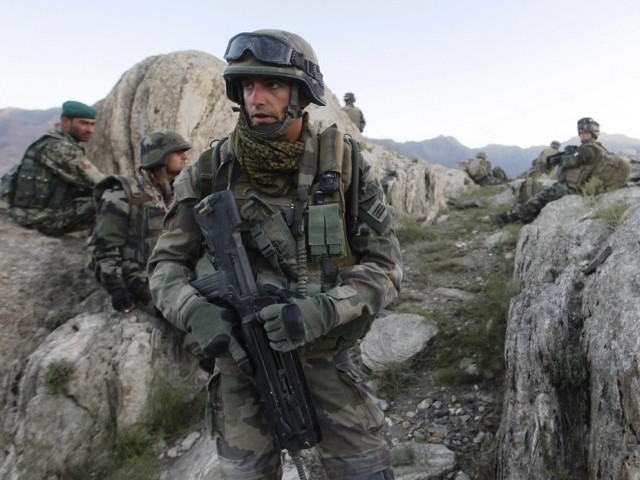
(AFP PHOTO/MOHAMED EL-SHAHED)
January
President Abdel Fattah Al-Sisi issued a decision to pardon some prisoners on the fourth anniversary of the 25 January Revolution, according to a Presidential statement released Tuesday.
Prisoners eligible for the release must be serving a prison sentence according to a final court verdict, with detainees with pending trials ineligible for pardon. Moreover, prisoners must have served at least half their sentence, with a minimum of six months.
Prisoners sentenced to life in jail who have spent 15 years will be included in the pardon, but are to be under probation for five years. Other conditions stated that the released prisoner “will not be a threat to national security”, and that he must have demonstrated “a will to improve”.
The pardon excludes those involved in crimes related to endangering government security, explosions, possession of arms, obstructing roads, corruption, embezzlement, money laundering and violations of the child law.
According to Ahmed Mahran, law professor and president of NGO the Cairo Center for Political and Legal Studies, the president is entitled to set conditions for the pardons. This is based upon reports prepared by officials in charge of prisons regarding the need to reconsider the status of some prisoners.
“It is also possible to grant pardons for those who have committed murders,” Mahran told Daily News Egypt Wednesday. “The law advocates mercy in some cases, such as health.”
When a group of prisoners is to be pardoned, the president does not necessarily know who the prisoners are or how many will meet the requirements. In other cases, the president could grant an individual pardon for requested for a specific person, Mahran added.
Unconfirmed news circulated about a possible pardon for Protest Law detainees, mostly known activists whose release local and international human rights organisations have been calling for.
However the pardon conditions do not apply to most of them due to ongoing trials and the non-completion of half the prison sentence. Additionally, Protest Law prisoners are often charged with obstructing roads, attacking public institutions and carrying weapons, and threatening ‘public order’.
Minister Mohamed Ibrahim will be chairing a committee in charge of looking into the expected pardons. Al-Sisi has repeatedly stated that he requested of the Ministry of Interior a review of the situation of all detainees, especially young students. Officials, however, have also been insisting that there were no ‘prisoners of conscience’.
Prosecutor General Hisham Barakat said all detainees were being held according to the criminal law, and their detention pending trial was to ensure investigations would be carried out in the best possible way.
“Suspects’ temporary detention depends on the severity of the accusations, the fear of tampering with evidence, or influence eye-witnesses, or even escape,” Barakat said in an interview with state-run newspaper Al-Ahram. Barakat added that the renewal of detentions is “a decision that is carefully thought through”.
Some detainees have exceeded a year in prison without trial, exemplified in 18-year-old student Mohamed Mahmoud, arrested at the last 25 January Revolution anniversary. Mahmoud has been detained for more than 350 days, according to the Freedom of the Brave group, which provides support for detainees.
Details of who will be released are yet to be revealed, but it is expected to benefit mostly those sentenced to short prison sentences ranging from one to two years, and who were detained sometime in 2013.

